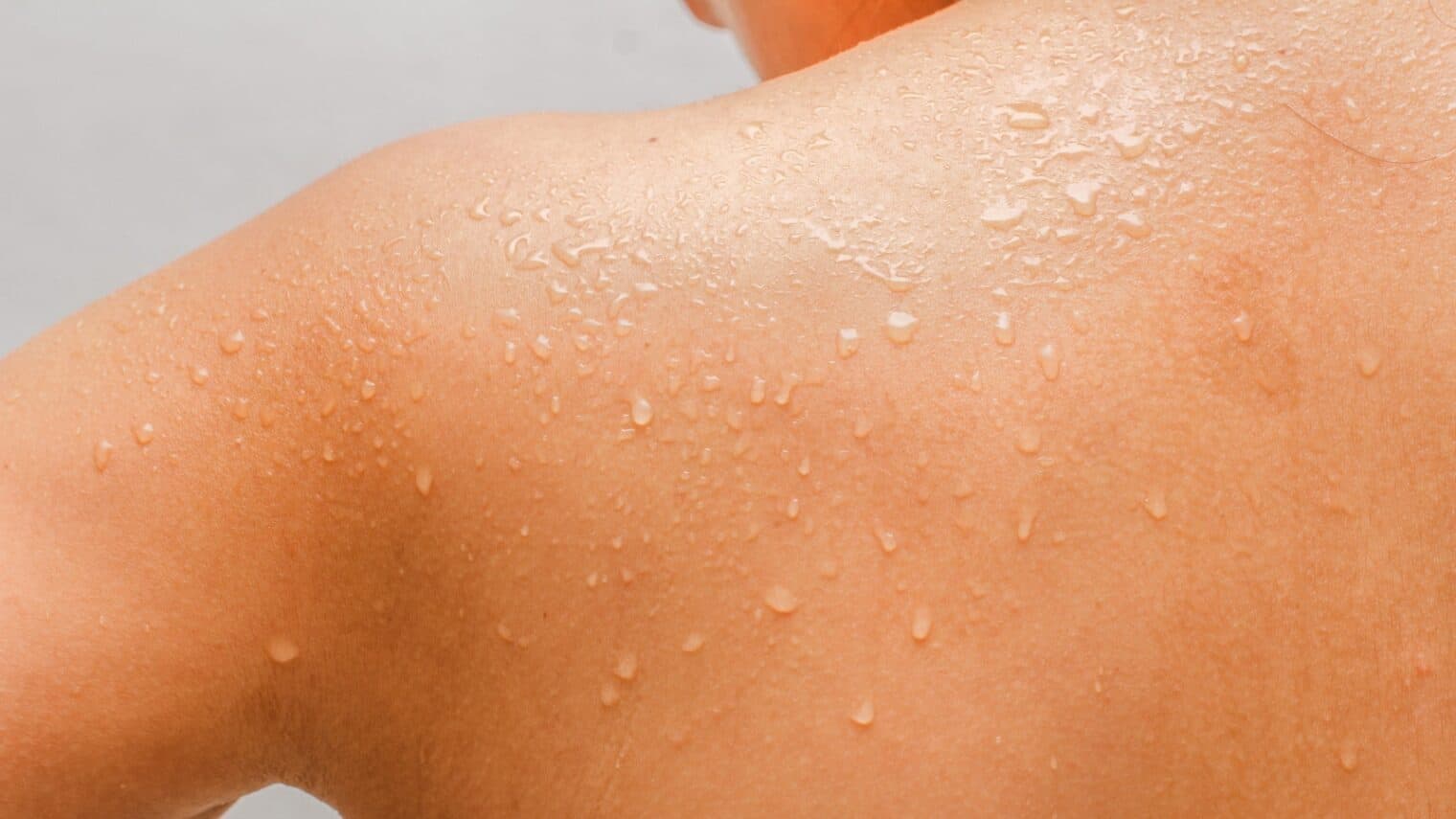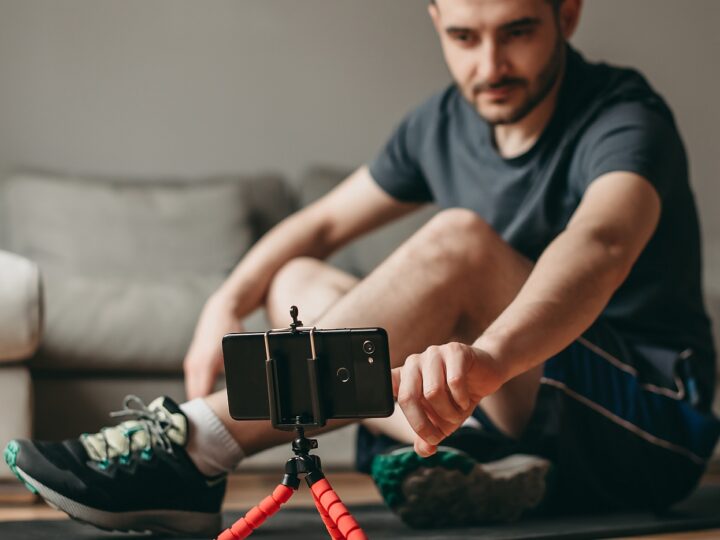Several years ago, amateur athlete Hemi Re’em was shocked to discover that his coronary arteries were 90 percent blocked despite his seemingly good health.
This set him on a path to cofounding Yopi Technologies.
Yopi (Your Online Personal Instructor) is a first-of-its-kind, AI-based wearable device that monitors oxygen consumption through electrolytes in the sweat. The goal is to detect heart deterioration and measure overall wellness.
Quit playing games with your heart
“I’ve been an amateur athlete for as long as I can remember,” Re’em tells ISRAEL21c.
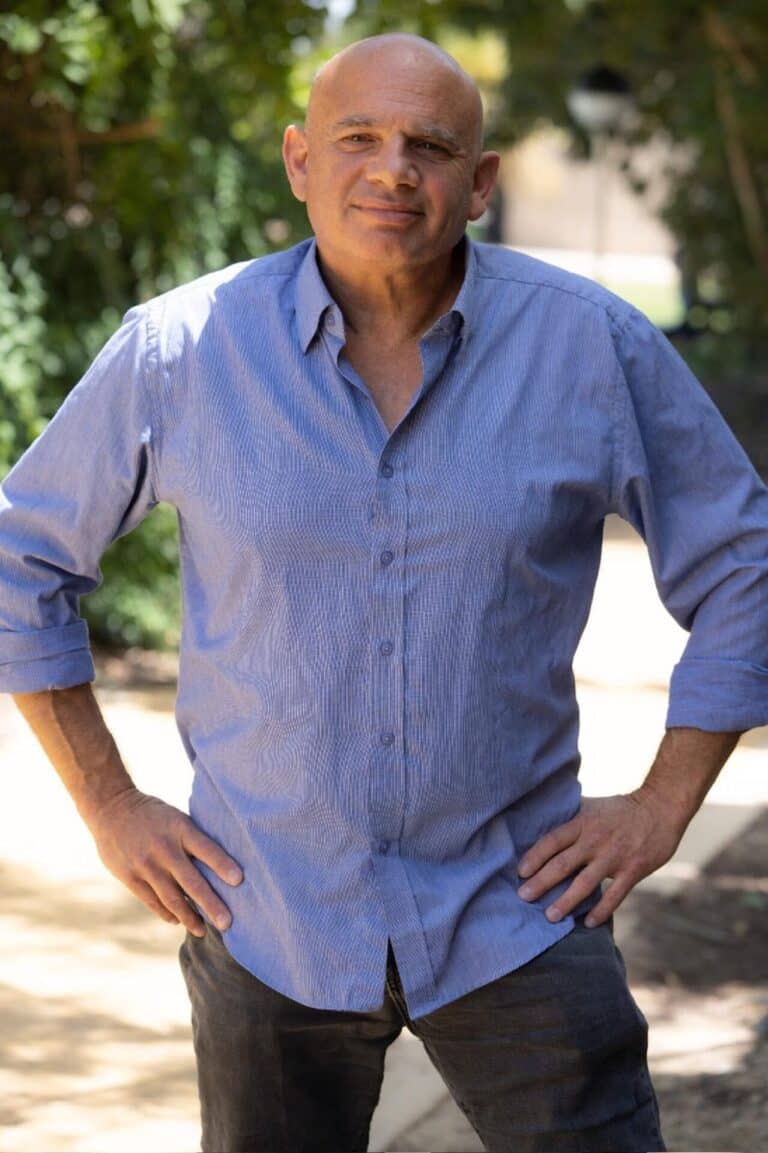
He began running triathlons in the 1990s and eventually made it to the Ironman World Championship — an ultra-triathlon held annually in the US since 1978 — becoming one of the few Israelis at the time who achieved that feat.
So it was quite the surprise to everyone, but especially to Re’em, when one day, at age 52, he found himself being wheeled off into an operating room for heart bypass surgery.
“I wasn’t in any risk group. I didn’t smoke, didn’t have high cholesterol or [high] blood pressure. I was constantly monitoring my heartrate and performing stress tests.”
His doctor asked him to try and recall whether there were any early signs of a potential heart problem. “And there were,” Re’em admits. “I just put them down to the wrong diet, bad sleep and not enough training. When in reality all of it was pointing to the fact that there was something wrong with my heart.”
That’s when Re’em realized that heartrate is not a good indicator of a developing heart problem. “I told myself that there has to be another way to monitor our bodies.”
VO2
Up until now, the only way to measure volume and oxygen (VO2) — cardiologists’ gold standard for determining cardiorespiratory fitness — was through a mask device or expensive tests available only in specialized laboratories.
“The amount of oxygen the body consumes to complete physical tasks indicates how hard the heart is working,” says Re’em. The higher your VO2 score is, the more strained your heart is likely to be.
“I thought to myself, ‘It can’t be that there isn’t another way to measure VO2.’”
Re’em began looking at cardiovascular research and discovered that there are electrolytes in blood and sweat that act as indicators. “Blood wasn’t feasible; you can’t get a blood test while you’re running. So we said, ‘Let’s try sweat.’”
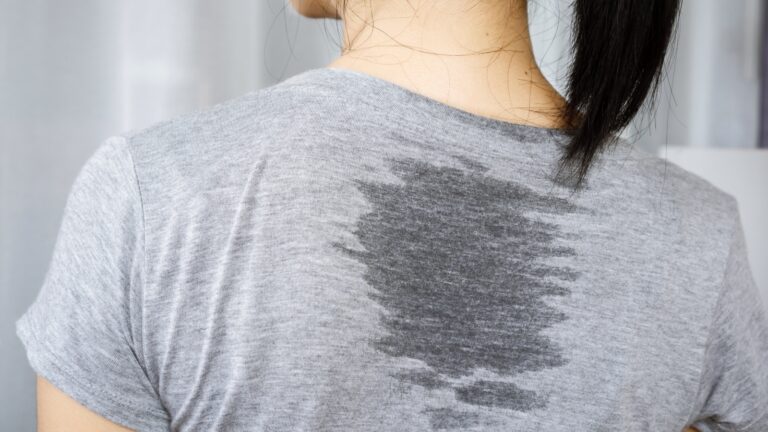
The year-long research was the basis for the official founding of Yopi in August 2017 by Re’em and his cofounder Dr. Menahem Genut — who previously founded nanomaterial company ApNano Materials.
Yopi shows the wearer’s respiratory exchange rate and which macronutrients — carbohydrates, fat or protein — the oxygen in the body utilizes more to create energy.
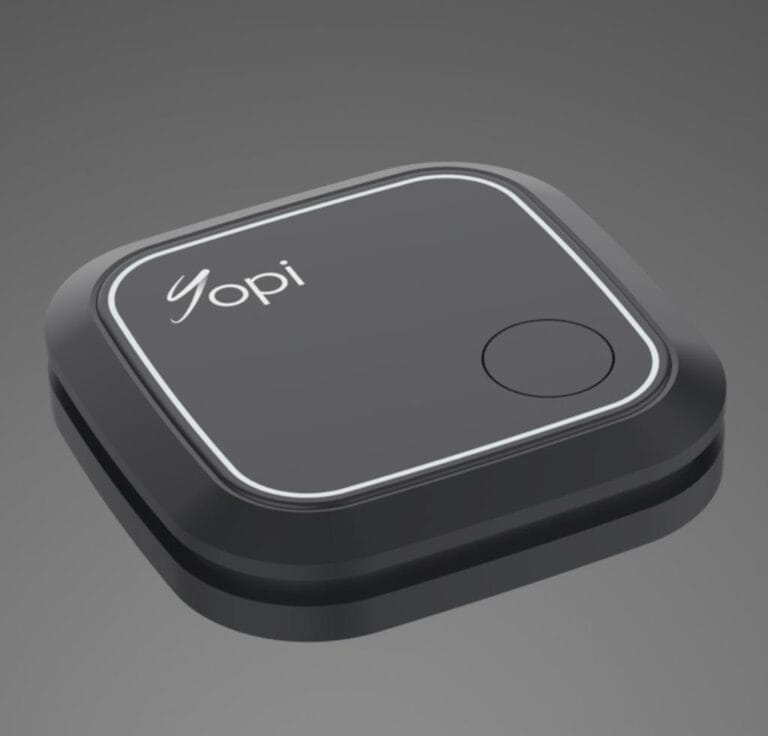
“The device also shows the amount of lactic acid in the body [lactic acid buildup can lead to muscle fatigue and tissue damage] and how much energy it invests into particular tasks. The perfect analysis,” Re’em says.
Mass production by 2024
He touts the device as a potential gamechanger in sports cardiology, allowing each athlete to train according to his or her physical condition and ability.
Yopi Technologies is planning to hit the market in Israel by December, initially focused on wellness for people wishing to monitor training intensity in cardio workouts. In the next stage, the device will have features with more intricate cardiovascular indicators.
The device, which will retail for $300, is intended to be worn on the arm. The sensor, costing $3-$5, gets replaced after every 20 hours of use. The monitor also connects to a Yopi smartphone app.
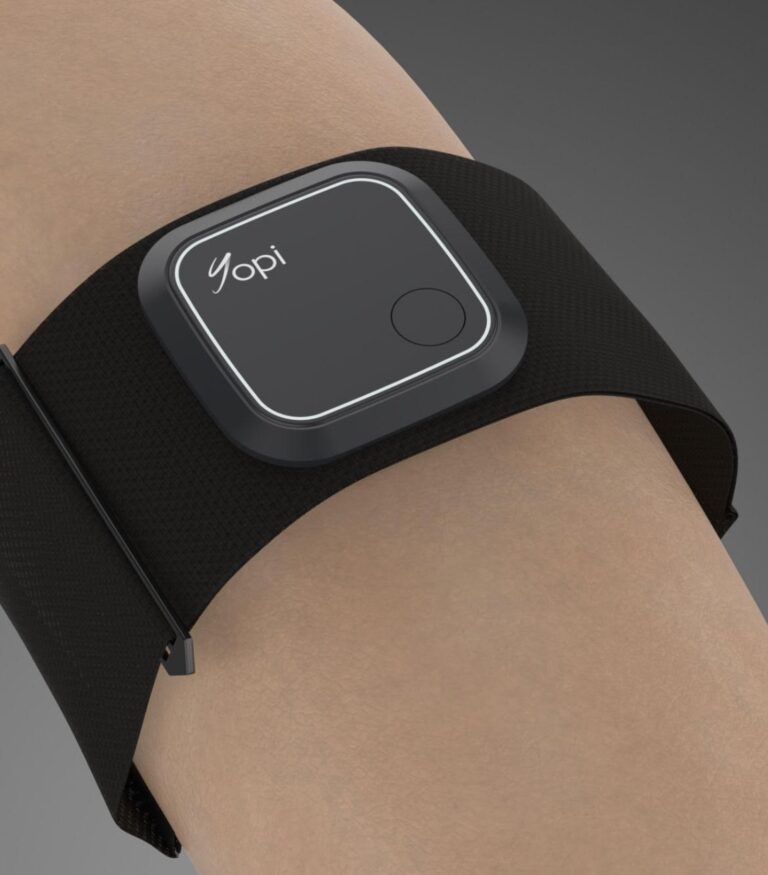
“It’s a revolution,” adds Re’em. “The VO2-measuring mask retails at $6,000.”
He says if the market rollout succeeds in Israel, Yopi already has “distributors waiting for us” elsewhere. Meanwhile, the company continues to tweak the device, hoping to make it the size of a smartwatch.
The 10-strong company is currently located in Kibbutz Nir Am and is planning construction of a large scale production plant in the area, having secured 2.5 million shekels in grants from the Israel Innovation Authority, as well as $2.5 million from private investors.
For more information click here.




